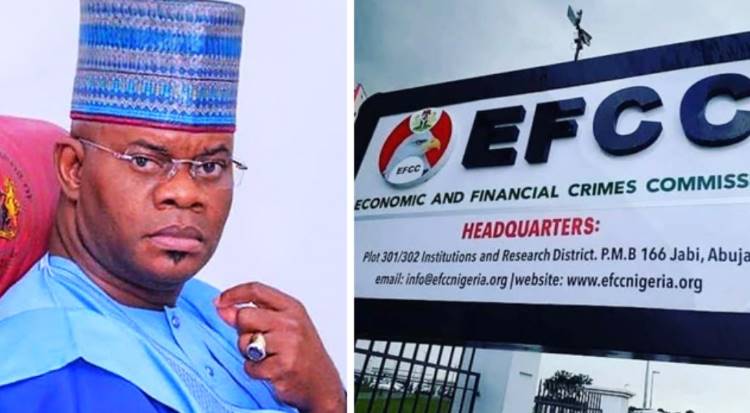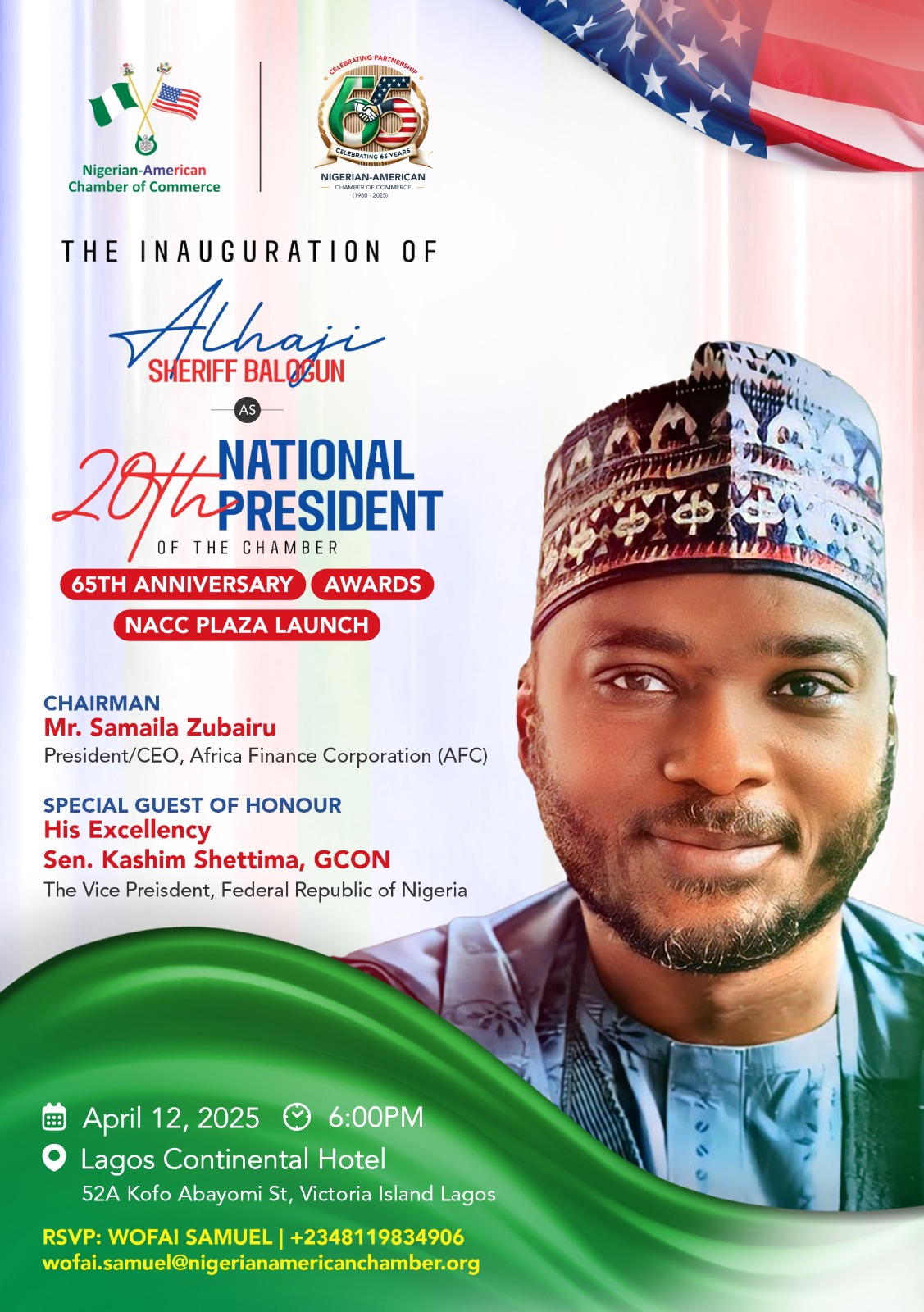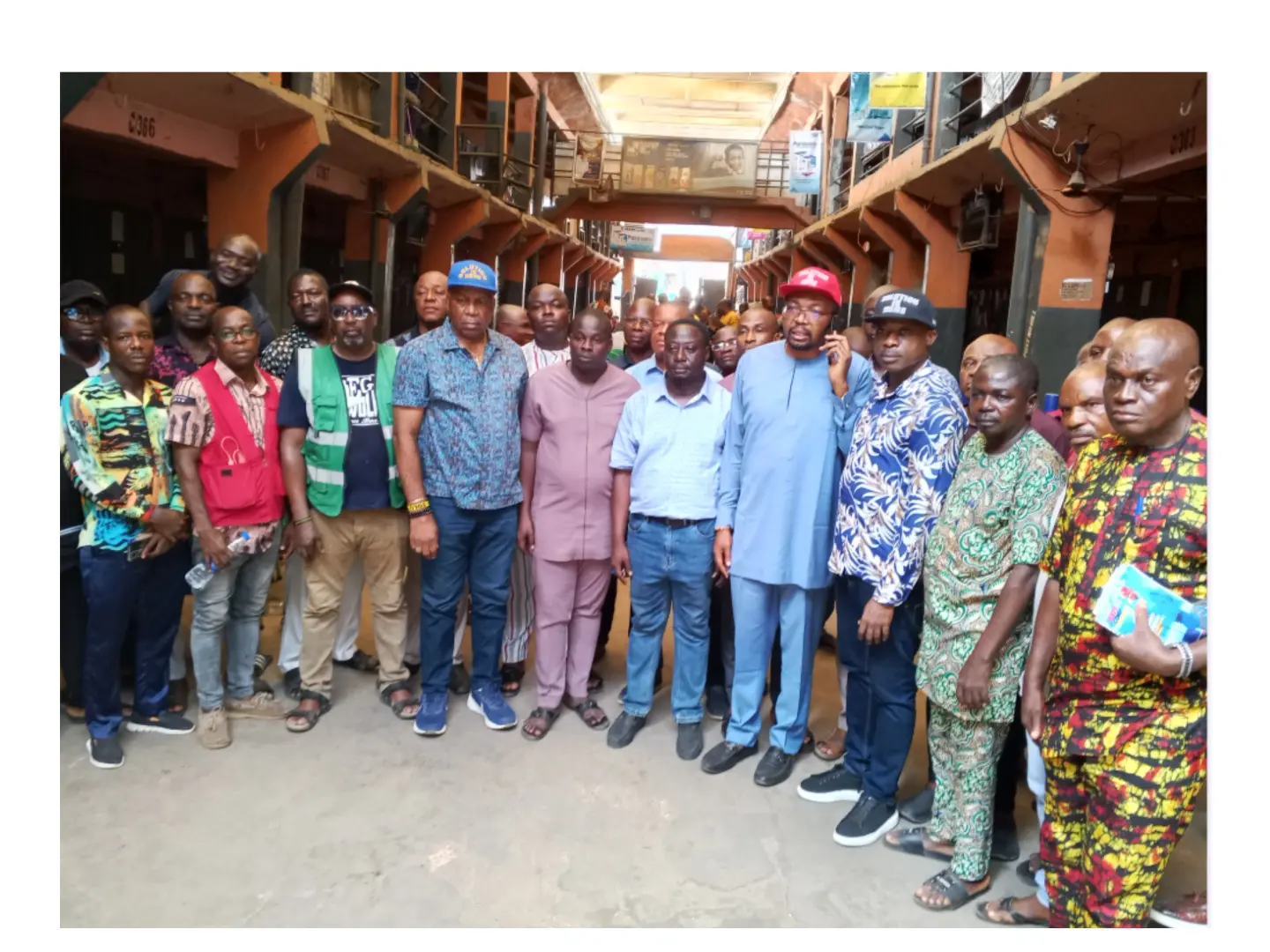The National Agency for Food and Drug Administration and Control, NAFDAC, has finally announced the reopening of the Onitsha Drug Market and other adjoining markets after nearly one month of closure.
The South-East Zonal Director of the agency, Mr Martins Iluyomade, revealed this on Thursday after a meeting between officials of the agency, the Anambra State government, and market union leaders. He stated that business will officially resume in the markets on Friday.
Other markets, including the plumbing materials market, timber market, surgical materials market, and science laboratory materials market, among others, were affected early last month when the agency shut them down in its fight against illicit drugs.
Iluyomade, who addressed government officials and market leaders before announcing the reopening, said:
“What is happening here goes beyond only Ogbogwu (drug) market; it extends to other markets around this area, and that was why we took the steps we did by closing down everywhere.
“I know there was a lot of apprehension, and people were asking why we locked other markets that had nothing to do with drugs. It seemed as if we were out to punish those who had no involvement. We did not respond because we did not want to join issues, but we found drugs in all the markets we closed.
“What we found in other adjoining markets was just as much as what we found in Ogbogwu market. We did what we did because, if we hadn’t, we wouldn’t have covered the ground we were able to cover.
“We were here last year for an operation, but our men were beaten, and even an officer of the Federal Republic was stripped naked for doing his legitimate duty. We had to lock up everywhere because, if we hadn’t, there would have been collateral damage. This is a major drug market, and if something goes wrong here, drug supplies all over the country will be contaminated.
“We know that since the Federal Government was determined to sanitize this market, if there had been any attack on us, our security men would have reacted, and the damage would have been high. We thank Governor Soludo for his visit. When he heard what we did here, he called to express concern about the welfare of his people, and when we explained to him, he backed the effort to sanitize the market. He later visited us and reiterated the same support as long as what we were doing was right.
“People were already bringing ethnic coloration into it, but I thank the governor for not listening to them. In fact, the governor said there was a need for us to save ourselves because fake drugs kill indiscriminately, regardless of ethnicity.
“The DG of NAFDAC took this assignment as if her life depended on it, and every day she kept calling to know the state of operations. NAFDAC has also committed a lot of resources to this, and she has made a commitment to ensuring that fake drugs are exterminated in Nigeria.”
Speaking on the agency’s findings in the markets, the Zonal Director said:
“It is saddening to see that we have people among us whose only way of making money is by destabilizing the country and killing people.
“We have confiscated over 50 trailers of fake and substandard drugs. Many are still in warehouses in town, and we are coming after them. The volume of narcotics we saw here is enough to destabilize any nation. There is a link between the circulation of narcotics and insecurity. Check any country experiencing insecurity and a breakdown of law and order, and you will see that narcotics are in high supply.
“The number of narcotics we have found here is alarming. The people dealing in them know the effects, but they continue because the sale of narcotics is said to be more lucrative than cocaine.
“We have also seen people who deliberately import substandard and fake drugs. Some import tablets in nylon bags with no labels, then bring them here, repackage them, and put labels on them for sale. We saw a lot of it. We also found medicines that had been banned as far back as 2007, yet people are still stocking them.
“Many of these drugs were banned because they cause cancer, and new replacements were produced, but people still stock them. That is wickedness. Another category is unregistered drugs. These medicines are usually displayed in small quantities on counters, but large caches of them are stored in warehouses outside the market.”
Iluyomade noted that even some genuine drugs are stored in ways that cause them to lose their efficacy and become harmful long before their expiration date.
“Drug storage is also a problem. There is no ventilation in any of the storage facilities we visited. Medicines are supposed to be kept under specific conditions to maintain their effectiveness. Medicines are chemicals, and even those selling registered original medicines have had them expire long before their expiry dates.
“All the storage facilities are packed to the brim, locked with the biggest padlocks, and left without ventilation. We found a drug for women in labor stored in the plumbing materials market. The warehouse was full and hot, yet the drug’s packaging specified that it should be stored between 2-8 degrees centigrade. But someone stored it in an oven-like environment. So when people say, ‘What about those of us selling good medicine?’ we just laugh. What good medicine are you selling?
“We must take our healthcare delivery seriously, and that is what NAFDAC is doing. As an agency, we are not out to make life difficult for you, but we are working with the mandate given to us.
“We have pasted notices on some shops, and those who find them must know they have been invited and must report to our office. The markets will be reopened tomorrow. We have met with your union leaders, and they must ensure they report any suspicious activity to us.
“If this happens again, we will still close the market. Also, we will not tolerate any attack on our officials. If it happens again, we will shut down the market.”
Iluyomade stated that although the market will reopen on Friday, about 4,000 shops will remain locked until their owners explain certain drugs found inside.
Market union leaders expressed happiness about the reopening of the markets and pledged to work with the agency to identify traders who continue to deal in illegal drugs.

 Society7 years ago
Society7 years ago
 Society4 years ago
Society4 years ago
 News and Report6 years ago
News and Report6 years ago
 News and Report7 years ago
News and Report7 years ago
 Society4 years ago
Society4 years ago
 News and Report6 years ago
News and Report6 years ago











